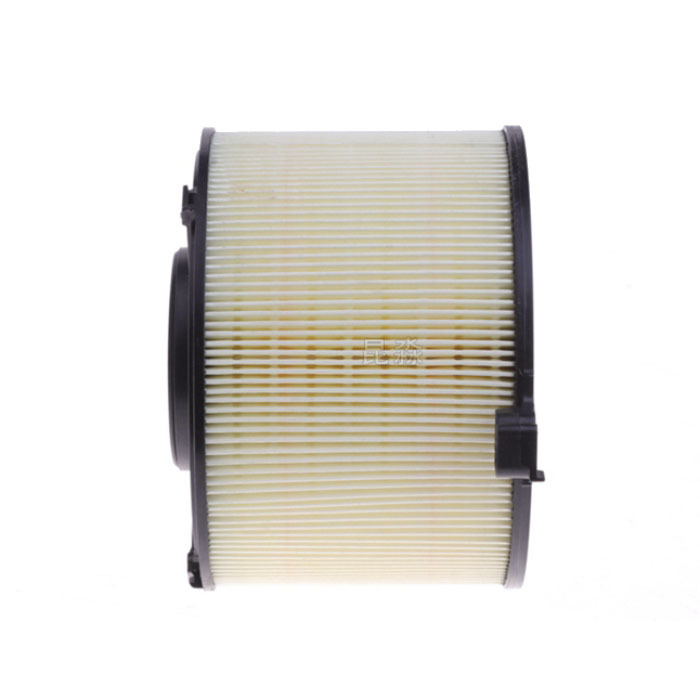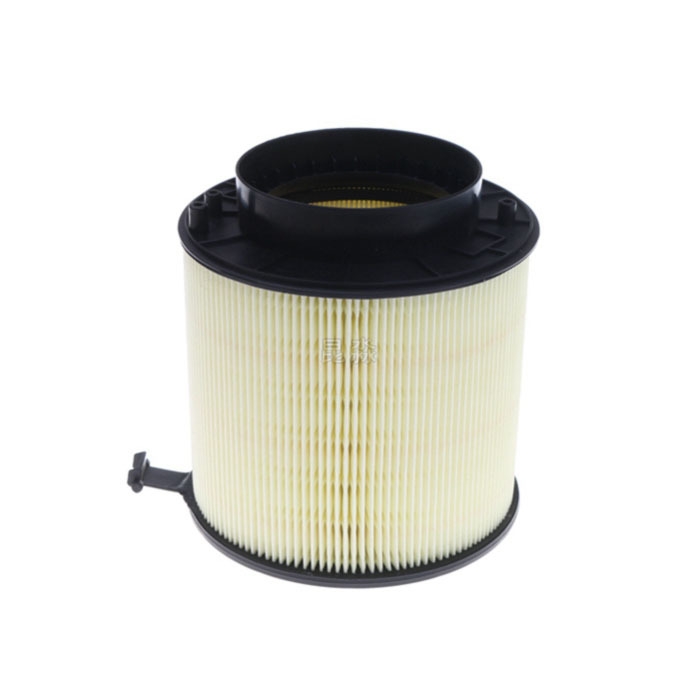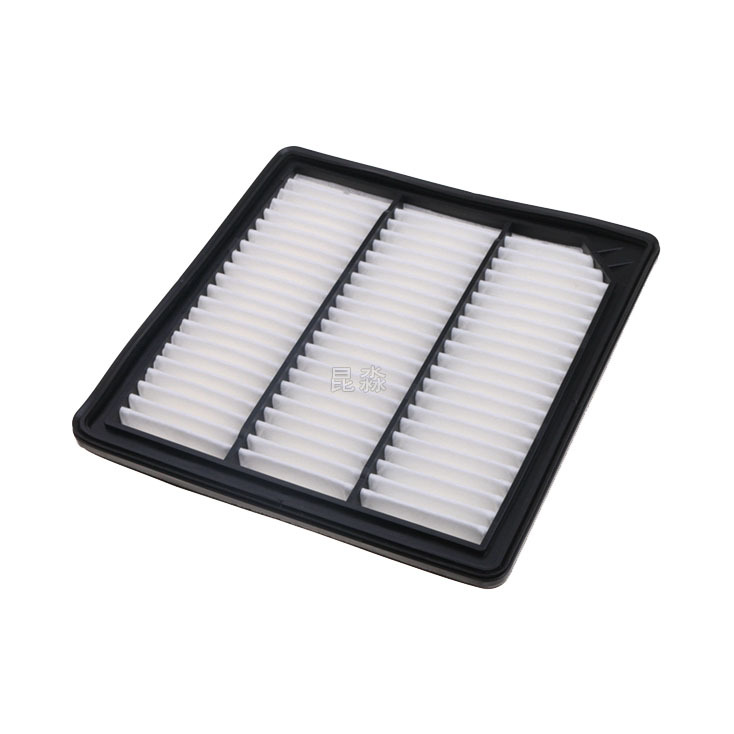The Role of Performance Air Filters in Reducing Downtime for Industrial Equipment
Release Time:
Jan 27,2025
The Role of Performance Air Filters in Reducing Downtime for Industrial Equipment Introduction to Performance Air Filters In the world of industrial operations, **downtime** can spell disaster for productivity and profitability. Performance air filters play a crucial role in maintaining the efficiency of industrial equipment, directly impacting the operational longevity and reliability of such mac

The Role of Performance Air Filters in Reducing Downtime for Industrial Equipment
Introduction to Performance Air Filters
In the world of industrial operations, **downtime** can spell disaster for productivity and profitability. Performance air filters play a crucial role in maintaining the efficiency of industrial equipment, directly impacting the operational longevity and reliability of such machinery. In this article, we will delve into how these filters minimize downtime, the technology behind them, and best practices for their maintenance.
Understanding the Importance of Performance Air Filters
Performance air filters are designed specifically to remove airborne contaminants from the air that industrial equipment utilizes. **Contaminants** such as dust, dirt, and particulate matter can lead to equipment malfunctions, decreased efficiency, and increased wear and tear. By ensuring clean air intake, these filters significantly enhance the performance and lifespan of various industrial machines.
The Cost of Downtime in Industrial Operations
The cost of downtime is a pressing concern across industries. Studies indicate that unplanned downtime can cost organizations anywhere from **$20,000 to $100,000** per hour, depending on the type of equipment and industry. Given this staggering figure, investing in performance air filters is not just a choice; it's a necessity for minimizing risk and ensuring smooth operations.
Key Factors Influencing Equipment Downtime
Several factors contribute to equipment downtime, including:
- **Poor air quality**: Contaminated air leads to complications in machinery performance.
- **Maintenance delays**: Infrequent cleaning or replacement of filters can exacerbate operational issues.
- **Equipment age**: Older machinery without adequate filtration systems is prone to breakdown.
How Performance Air Filters Work
Performance air filters utilize advanced technology to provide superior filtration. Typically, these filters contain multiple layers of material, each designed to capture different sizes of particles, ensuring a high level of air purity reaches the equipment.
The Filtration Process Explained
1. **Pre-Filtration**: The first layer captures larger particles, preventing them from progressing deeper into the filter.
2. **Main Filtration**: The core layers utilize specialized materials that capture smaller particles, such as dust and pollen.
3. **Final Filtration**: The last layer acts as a safeguard against any remaining contaminants, ensuring only clean air enters the equipment.
Benefits of Using Performance Air Filters
The advantages of utilizing performance air filters in industrial settings cannot be overstated. Below are some of the most critical benefits:
1. Increased Equipment Efficiency
By ensuring that only clean air enters the machinery, performance air filters help maintain optimal operating conditions. This leads to increased efficiency, reduced energy consumption, and overall better performance.
2. Extended Equipment Lifespan
Regularly using high-quality air filters can drastically reduce wear and tear on equipment components, extending the lifespan of the machinery. This translates to lower capital expenditure in the long run.
3. Reduced Maintenance Costs
With cleaner air, machinery requires less frequent maintenance, thus minimizing operational costs. Fewer repairs and replacements mean that businesses can allocate their resources more efficiently.
4. Enhanced Safety Standards
Industrial operations have stringent safety requirements that must be met. Clean air intake helps ensure that machinery operates safely, reducing the risk of accidents caused by equipment failure.
Choosing the Right Performance Air Filter for Your Equipment
Selecting the appropriate performance air filter can significantly impact your industrial operation. Factors to consider include:
1. Filter Type
Different types of air filters are available, such as HEPA filters, activated carbon filters, and more. Each type has its specific purpose and effectiveness in removing particular contaminants.
2. Equipment Specifications
Always consult the equipment manual for recommended filter types and dimensions to ensure compatibility.
3. Environmental Conditions
Consider the environmental factors that may affect filter performance, such as humidity, temperature, and the level of airborne contaminants.
Best Practices for Maintaining Performance Air Filters
To maximize the benefits of performance air filters, proper maintenance is essential.
1. Regular Inspection and Replacement
Establish a routine schedule for inspecting and replacing air filters. Depending on the machine's operation conditions, filters may need to be replaced every few weeks or months.
2. Clean Pre-Filters
If applicable, clean pre-filters frequently to enhance overall filtration efficiency, thus prolonging the life of main filters.
3. Monitor Equipment Performance
Keep an eye on equipment performance metrics. A sudden drop in efficiency can be an indication that filters need attention.
FAQs About Performance Air Filters in Industrial Applications
1. How do I know when to replace my air filters?
Typically, air filters should be replaced based on manufacturer recommendations, or when you notice a decrease in equipment efficiency.
2. Can I clean and reuse air filters?
Some types of air filters can be cleaned and reused, while others are designed for single-use. Always refer to the manufacturer's guidelines.
3. What are the signs of a clogged air filter?
Common signs include decreased airflow, strange noises from equipment, and an increase in energy consumption.
4. How often should I inspect my air filters?
It's advisable to inspect air filters at least once a month, but this frequency can vary based on operational conditions.
5. Are performance air filters worth the investment?
Yes, investing in performance air filters can lead to significant cost savings in maintenance and downtime, making them a worthy investment for any industrial operation.
Conclusion
Performance air filters play an indispensable role in reducing downtime for industrial equipment. By ensuring clean air intake, they enhance machinery efficiency, extend equipment lifespan, and ultimately contribute to a safer and more profitable operation. By understanding the importance of these filters, selecting the right options for your equipment, and adhering to maintenance best practices, businesses can mitigate the risks associated with downtime and ensure smooth operational continuity. Investing in performance air filters is not merely a precaution but a strategic decision to safeguard the efficiency and reliability of industrial equipment.
Keywords:
More information






